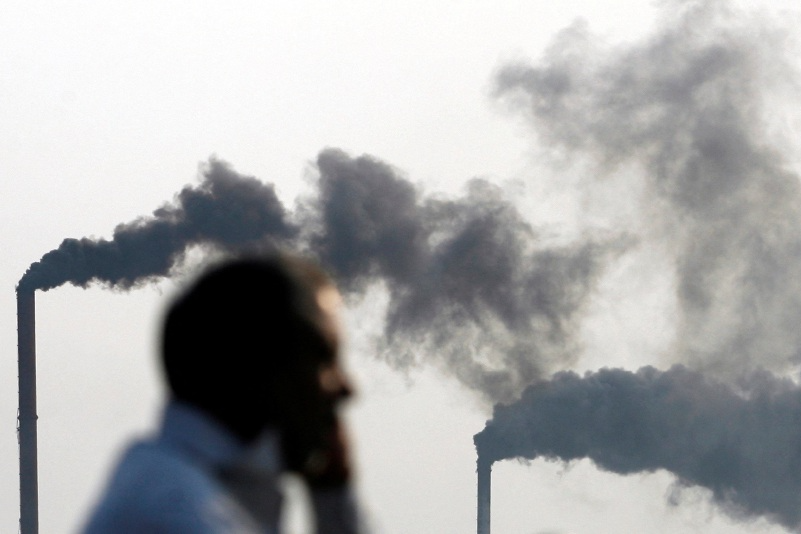However, the US Federal Reserve, in many ways the world’s most influential central bank, withdrew from a climate-focused network of authorities earlier this year, raising questions about the depth of its engagement on the issues.
The report found rich countries were most at risk from the shift away from pollution-intensive industries.
By contrast, poorer regions in Africa, Asia and Latin America faced a bigger threat from physical risk such as floods and droughts.
The divergent pressures, combined with demographic shifts and tighter immigration policies, could further strain labour markets in developed countries while loosening them in emerging ones, the study said.
Feyertag also warned that labour market disruptions could amplify social inequalities, specially in countries with rigid labour markets
Inflation tends to be higher in a tighter labour market, all other factors being equal. Low productivity can also contribute to high inflation.
Feyertag reviewed 114 central bank mandates and found only 15, including the Bank of England, explicitly reference employment as a main or secondary objective. The US Fed and Reserve Bank of Australia include jobs as a core policy goal.
This could give some of the banks cover to take bolder action to cushion the labour market impact of climate change.
Feyertag said: “If their mandate allows, (central banks) could even take more active steps to stimulate demand for workers from low carbon or climate resilient employment opportunities and thereby smoothen this path.”
Reuters
